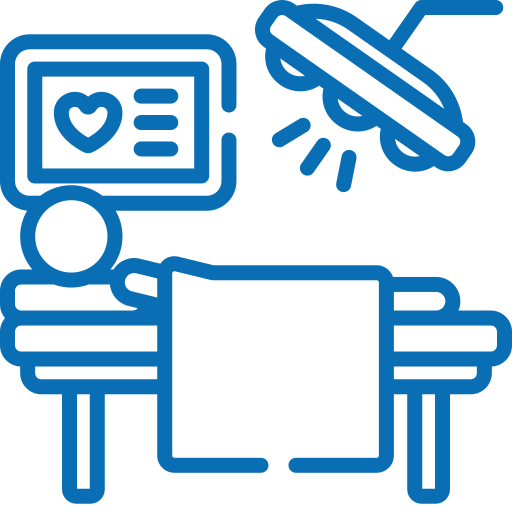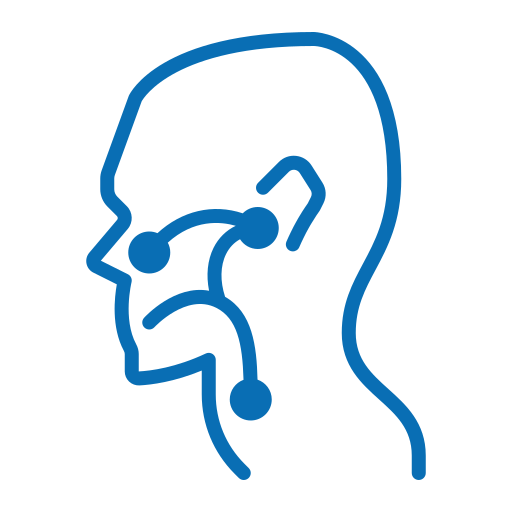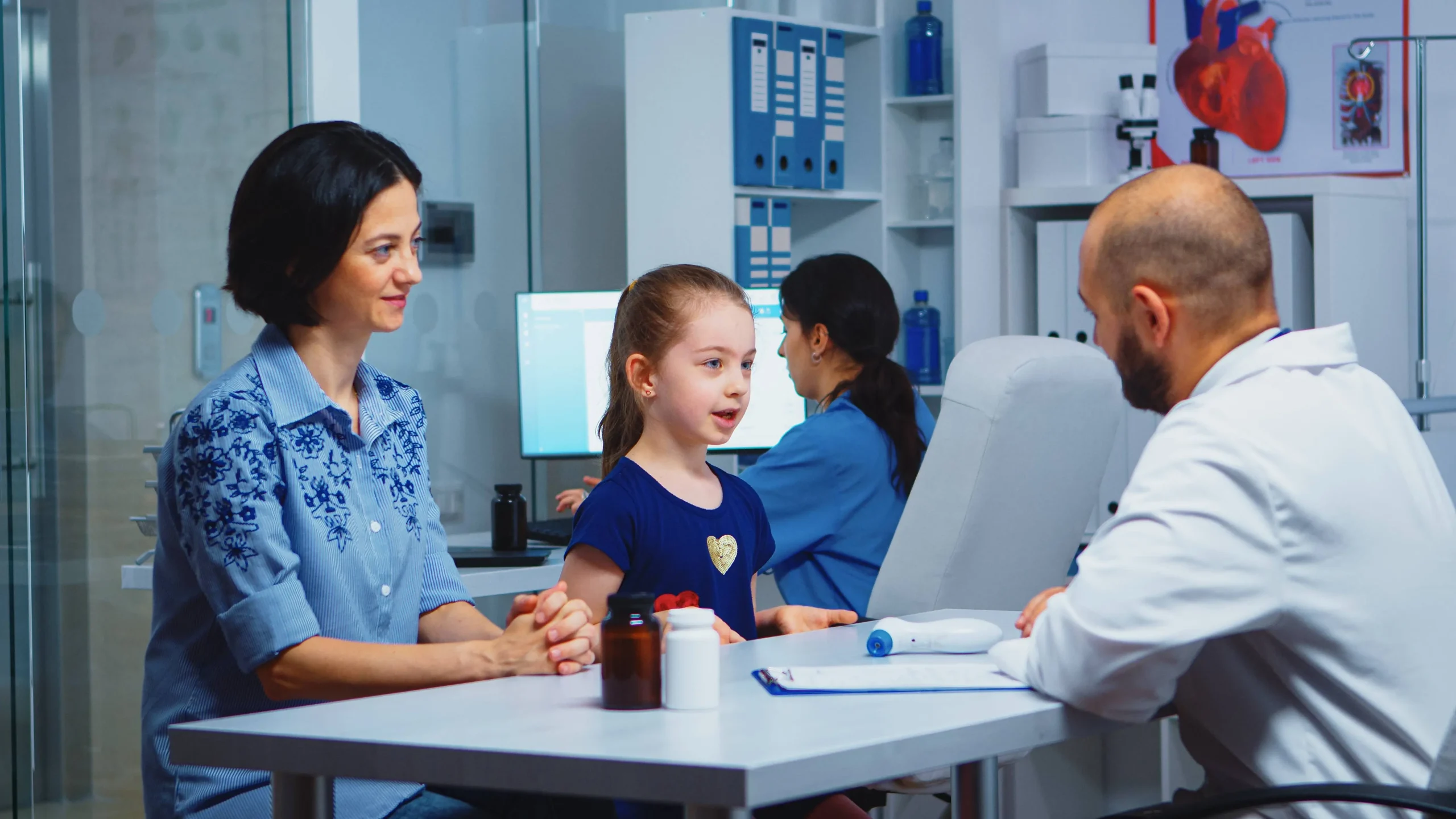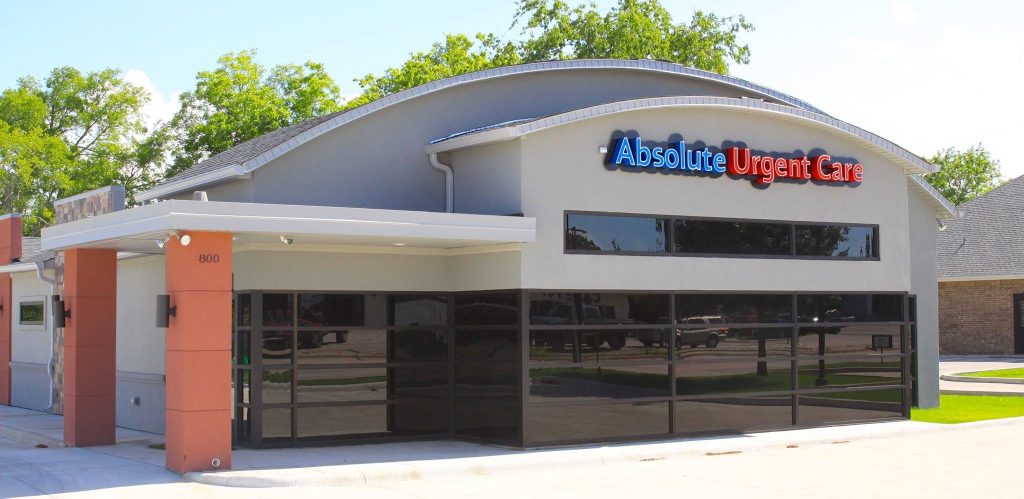As someone who frequently interacts with patients at Absolute Urgent Care, I frequently receive questions regarding how to differentiate the common cold and influenza from one another. While both illnesses share many characteristics that overlap, understanding their individual differences is crucial for effective diagnosis, treatment and recovery. I will use this guide as an aid for you in making more informed health decisions about both conditions. Understanding the Basics
What Is the Common Cold?
The common cold is a mild type of upper respiratory tract infection that is caused by viruses known as rhinoviruses and lasts for about one to two weeks. Although a bit bothersome, average cases of the common cold do not present significant health risks and are expected to resolve fairly quickly with appropriate medical care.
What Is Influenza (The Flu)
Influenza or the flu is an acute respiratory illness caused by viruses of the family Orthomyxoviridae which affects the upper and lower respiratory tracts. The flu can be quite dangerous in children, the elderly, and those with chronic illnesses.
Symptoms
As part of my effort to help differentiate between colds and the flu, here are a few key distinctions in symptoms, duration and overall severity:
Common Cold Symptoms: Runny or stuffy nose accompanied with sore throat, soreness, sneezing, mild cough, low grade fever, less common general malaise
Flu Symptoms: Typically Flu-like illness manifested itself by high temperatures (often 100degF or above), chills sweats chills chills sweats severe muscle aches fatigue dry cough Headaches Sore throat Congestion onset of symptoms to determine its origination Onset of symptoms for both conditions
Cold: Symptoms typically develop over a period of days or weeks and symptoms usually resolve themselves within seven to 10 days for most.
Duration of Illness: Common colds, though usually mild are annoying, recover in about a week. Most common cold symptoms subside within a week.
Flu: Similarly, flu related symptoms also resolve after one to two weeks, although there could be extreme fatigue that can be felt for quite some time.
Transmission and Cause
Both colds and flus are highly contagious diseases that spread via respiratory droplets when an infected individual coughs, sneezes or talks; or through contact with surfaces contaminated by these illnesses.
Common Cold Triggers
The common cold is due to many viruses, among which the rhinoviruses are the more likely ones to cause it. Colds can happen in any season but are most widespread in autumn and winter due to close indoor gatherings.
Flu Causes Influenza virus types A, B, and C brings about the flu, Its season ranges from late summer to early spring, with the peak months being from December to February. An annual flu vaccination should help lower risks. Complications and Risks Flu infections have potential complications as well as risks.
Though both illnesses tend to resolve themselves without serious complication, flu can sometimes have more severe outcomes than its cold cousin. Common Cold Complications: While complications from colds are relatively infrequent, sinus or ear infections in children could arise as side effects.
Complications from Influenza Infection
Influenza may cause serious complications especially pneumonia, bronchitis and sinusitis, and may also aggravate existing chronic conditions like asthma or cardiovascular illnesses. I would recommend my patients at Absolute Urgent Care to look out for symptoms which may be suggestive of the need for medical attention such as inability to breath or breathlessness, chest discomfort/ pain, sudden confusion/ dizziness or prolonged vomiting associated with fever for over three days (some examples of such symptoms).
For further prevention strategies please see Prevention Strategies at Absolute Urgent Care
Preventive Measures
Preventive measures are the key to mitigating both colds and flu outbreaks. Here are a few effective strategies:
1-Annual flu vaccinations can significantly lower your risk of influenza and its complications, even though no universal cold vaccine exists; yet being immunized against influenza will dramatically lessen your chance of infection.
2-Hygiene Practices (HPs)
Implementing good hygiene practices is vital in order to limit the spread of both infections: For example, regularly washing hands for at least 20 seconds with soap and water should prevent spread, or using hand sanitizer in its place if soap is unavailable, while it’s wiser not touching one’s eyes, nose, or mouth without first cleansing these surfaces first with antiseptic wipes can prevent further diseases spreading more readily. As part of maintaining overall good health and ensuring its prevalence.
3-Staying Healthy
For best outcome, eat plenty of fruits, vegetables and whole grains, drink plenty of fluids all day long and engage in physical activities regularly as these are essential for good health. As this is very vital for immune system fortification and alleviation of colds and flu symptoms, it would be wise to see to it that sufficient sleep hours are adhered to each night. Self Help Measures can be Helpful
There are some home remedies that are frequently employed by the patients in order to alleviate the symptoms though the colds and flu may run their course and settle down on their own:
Drink fluids: It is prudent to drink a lot of liquids throughout the day in order to reduce the thickness of mucus and also reduce dehydration and the chances of thickened mucus.
Sleep: Make sure that you sleep and rest sufficiently enough in order for your immune system to be able to properly combat the infection. Warm
Liquids: Sore throats can also be treated with moderately warm liquids such as broth or herbal tea which can help clear clogged sinuses as well, making this treatment very effective for sore throats as well as the symptoms of congested sinuses.
OTC Medications: Dysmenorrhoea, nasal decongestants and analgesics are examples of OTC medications that may be able to help with some of your symptoms. Whenever taking new medicines, it is always advisable to speak to a healthcare practitioner before using any medication.
Flus are difficult to manage but understanding the distinction between flus and colds is only half the treatment and for our patients, Absolute Urgent Care gives them the tools needed for proper health management. If you notice any symptoms of cold or flu, do not waste any time and seek advice regarding the best steps that should be taken next.
Health is very critical because being sick inhibits your overall wellbeing and healing. We will do our best and help each other stay happy and healthy so that we can all have the best possible ease in life.





















